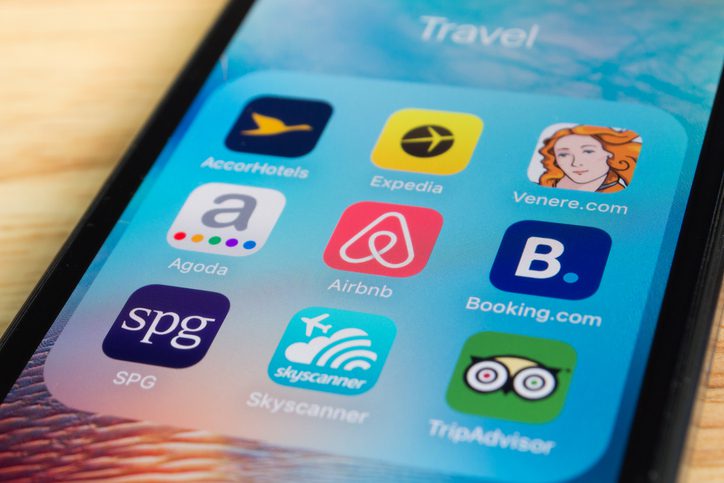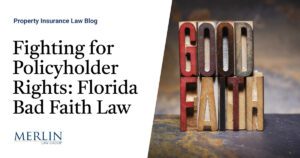Airbnb and holiday lettings: What to do with the staycation boom

This article first featured on our partners website, DAS Law.
It is the first in a series of articles highlighting potential legal challenges businesses, landlords and consumers could face over the summer months.
There has been a huge rise in the number of complaints from local residents over the problem of Airbnbs being used as ‘noisy party houses’. Residents are demanding tougher rules governing short-term holiday lets to prevent them from being hired out as weekend party venues.
Holiday home lettings and Airbnb have surged in popularity with many holidaymakers choosing to rent ‘homes’ rather than stay in a hotel. However, for many homeowners, renting their property can mean taking on additional risks with reports of properties being badly damaged by renters who have held ‘wild parties’, leaving hosts with huge repair and cleaning bills.
Anthony Di Palma, Senior Associate Solicitor at DAS Law, answers the most important questions for those thinking of tapping into this growing market.
If my property or belongings are damaged or stolen, will my home and contents insurance cover me?
It is unlikely your standard policy will provide this cover as the insurer will not usually have catered for paying guests when arranging the policy. However, the host would need to clarify with their insurer as to whether their cover would be sufficient to cover these types of losses.
Airbnb does offer ‘AirCover for Hosts’ whereby the firm provides hosts with $3 million in coverage for damage. However, the company adds that hosts should not consider this as a replacement for owners or renters home insurance.
While a host is not required to take out specific landlord insurance, it would be advisable to speak with a specialist broker or insurer to ensure sufficient protection is in place.
Could sharing my rented or leasehold property with Airbnb cost me my tenancy or home?
Millions of Airbnb users may have unknowingly breached the terms of their leases, leaving them vulnerable to legal action or the loss of their tenancy.
The vast majority of tenancy and leasehold agreements are likely to state that the property in question may only be used as a private residence. This would prevent tenants from renting out or ‘sharing’ their flat or home for short periods. Anyone letting their property out through Airbnb should therefore check their tenancy or leasehold agreements first.
It is not just those renting who should be wary of breaking contracts – mortgage companies may also take a dim view of homeowners offering short-term lettings of their property. It would be wise for owners to contact their mortgage company before offering their home out as they may very well be breaking their mortgage contract. Whilst buy-to-let mortgages allow for assured short-term tenancies, ‘short-term’ is often defined as six months; clearly, Airbnb stays are considerably shorter than this.
Further, hosts should check local regulations as different cities in the UK have specific planning regulations restricting short term letting and may impact what you can do for example, whether you need a licence, how many nights you can rent out the property and whether you need to apply for a change of use planning permission.
What precautions do I need to take to comply with health and safety legislation?
If a visitor has suffered an injury at a host’s premises, he/she may seek to pursue a personal injury claim, particularly if the host has breached their duty of care to the visitor, which subsequently has caused foreseeable injury.
Therefore, hosts must ensure that the premises are reasonably safe for all visitors and take steps to eliminate potential hazards. In particular, it would be a good idea for hosts to provide guests with emergency contact information, including local emergency numbers. Ensuring the property has relevant gas safety checks, EPC, working carbon monoxide detectors and smoke alarms.
With regards to fire safety, landlords should inform visitors of a fire evacuation route, they must also provide a fire extinguisher, fire alarm and carbon monoxide detector. The Regulatory Reform (Fire Safety) Order 2005 makes landlords responsible for taking steps to protect the people using your premises from the risk of fire. This means that a host should carry out a fire risk assessment and, if necessary, improve the fire safety measures while keeping the risks, and fire safety measures, under review.
As an Airbnb host, do I need to have public liability insurance?
There is no legal obligation to take out public liability insurance to host via Airbnb. As part of their ‘AirCover for Hosts’ policy, it provides Hosts with $1 million of cover if a host is found legally responsible for injury or damage to belongings. However, it would be advisable to speak with a specialist broker or insurer to ensure sufficient protection is in place for your needs.
Authored by ARAG




